John Dufilho hadn’t had a routine physical in 10 years when the email from Universal Music Publishing Group arrived last fall. The film/TV composer and frontman of indie rock band The Deathray Davies worked as an independent contractor and could not afford health insurance.
That changed when Dufilho, 52, learned from the email that UMPG, which handles his publishing, and parent company Universal Music Group (UMG) had partnered with Music Health Alliance (MHA), a Nashville-based nonprofit that since 2013 has saved 18,000 musicians, industry workers and their families an estimated $85 million in health care costs by helping them find insurance and navigate other healthcare issues, including counseling for survivors of the 2017 Route 91 Harvest festival mass shooting. Its services are free.
Dufilho finally got that physical, and as the doctor listened to his heart, she “got this look on her face that you don’t want to see,” he says. Over Christmas, he underwent quintuple bypass surgery.
Dufilho is far from the only beneficiary of the program launched by UMG and MHA last April. In its first year, the initiative, which the music company has kept under wraps until now, helped 333 UMG and UMPG independent contractors — including many legacy artists — save more than $5.3 million in health care costs, estimates MHA founder/CEO Tatum Hauck Allsep.
The emails went to anyone who had ever been signed to or released an album through a UMG label or was a qualifying UMPG songwriter. UMG senior vp of royalties and copyright James Harrington, who is also on the board of SAG-AFTRA, realized many creatives were losing their insurance during the pandemic because they no longer met eligibility requirements, and he and Susan Mazo, UMG executive vp of global corporate social responsibility, events and special projects, led the team that devised the program, which included funding two UMG-dedicated positions at MHA. “This was not a hard sell,” Harrington says. “The whole senior management team really came together and said, ‘We need to do something. What can we do?’”

MHA had never partnered with a company in this way and Allsep says there was a lot of discussion over the infrastructure. “We literally sent emails back and forth like it was a school project in the 10th grade,” she says. “It was so invigorating and inspiring to see these global executives really being invested in what was happening with a songwriter in Timbuktu. It’s the coolest project I have worked on in so long with people who were so willing. They really wanted to help their roster.”
UMG wanted to provide “a VIP experience,” Harrington says, with the dedicated UMG staffers responding to information requests within 24 hours. “It’s someone who’s listening to you and hearing all the issues you’re dealing with and making all these calls on your behalf,” Harrington says. “They’re providing all this advocacy.” Allsep calls it “customized health care navigation.”
UMG and UMPG were able to look at artists receiving royalty statements from the companies and determine if they were eligible for SAG-AFTRA, as well as those who weren’t and whom they could now alert to the MHA partnership. Mazo estimates that over the first several months, the company sent out more than 5,000 emails in staggered batches — so as not to overwhelm MHA — from the label and publishing divisions.
While many artists reaching out were looking for insurance, Allsep says the needs were “all over the map,” including “someone with a new diagnosis or we had a number of people rotating off of SAG-AFTRA.” Having the two dedicated staffers funded by UMG “allowed us to really focus on this group of people and their needs,” she says.
MHA’s services also extend beyond the obvious: since Dufilho was hospitalized over the holidays when there can be a staffing shortage, MHA even provided his family with a list of ways to work with the staff that would make them feel appreciated (and ensure Dufilho got the attention he needed). “We had this whole tip sheet of things you can do to get the staff engaged,” Allsep says. “It gave his [11-year-old daughter] the ability to feel like she had control of something, which was [good] because for a little girl, when your dad’s in the hospital at Christmas, it’s a scary place.”
“Tatum was totally right. My wife and daughter made gift baskets or bags to give to the nurses and technicians,” he says. “They make bath bombs and they were putting those in the bags. It was awesome because the nurses kept coming back into the room, like, ‘Hey! Do you have any more of those bath bombs?’ It was great advice.”
MHA also helped Dufilho apply for a grant from MusiCares to help cover some of his expenses.
Allsep hopes the UMG affiliation will broaden MHA’s reach, especially with “communities of color,” as well as geographically since the non-profit, which has an annual budget of $1.2 million and a staff of 12, is well known in Nashville but not necessarily outside of the country music hub. “We had a number of artists from Detroit, Chicago — areas where we didn’t have a lot of outreach — call. It’s a really good way to build a trusted network for us.”
She also hopes other music companies will follow UMG’s lead, adding that Sony Music recently contacted her, but adds, “I don’t want to go pound the pavement and have anybody feel like we’re trying to pitch them anything because that’s not what we do. We are just here to serve.”
Mazo says that as the program goes into year two UMG plans to market the initiative to its creatives to increase awareness and look at whether more staffing is needed; the company would also like to eventually include mental health care. She adds: “One of the key things we learned is there are people out there that need help and didn’t know where to turn. Neither did we. We found this amazing organization. This is going to be a long partnership with Tatum and her team.”
As for Dufilho, his recovery continues apace. For the first two months post-surgery, he couldn’t lift anything over five pounds, including his guitar, so he started writing on a synthesizer. Even better, he’ll return to the stage with The Deathray Davies on April 8, playing with the Old 97’s. “Opening that email saved my life,” he says.
[flexi-common-toolbar] [flexi-form class=”flexi_form_style” title=”Submit to Flexi” name=”my_form” ajax=”true”][flexi-form-tag type=”post_title” class=”fl-input” title=”Title” value=”” required=”true”][flexi-form-tag type=”category” title=”Select category”][flexi-form-tag type=”tag” title=”Insert tag”][flexi-form-tag type=”article” class=”fl-textarea” title=”Description” ][flexi-form-tag type=”file” title=”Select file” required=”true”][flexi-form-tag type=”submit” name=”submit” value=”Submit Now”] [/flexi-form]
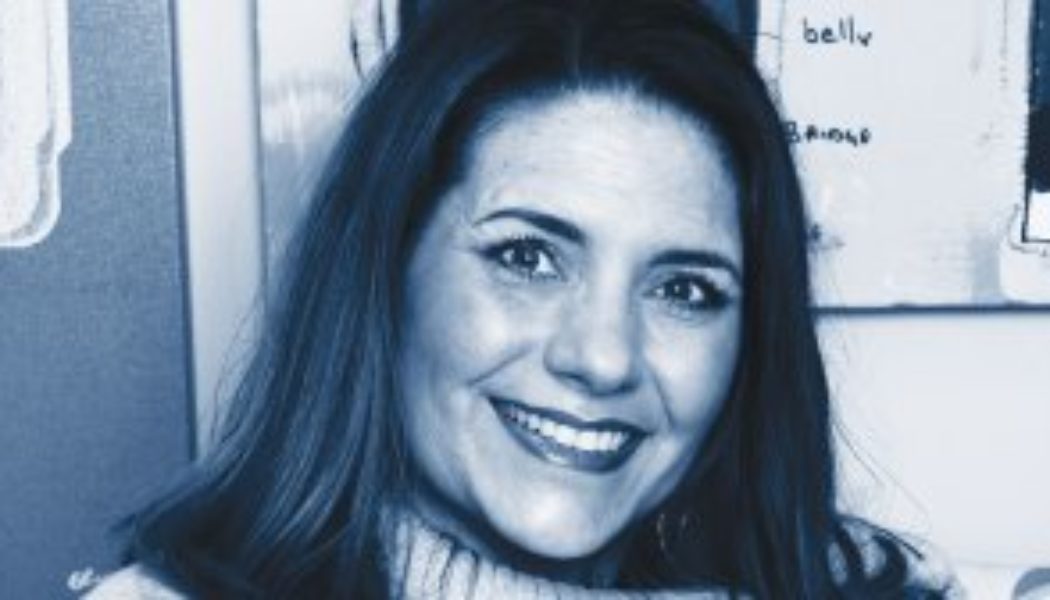
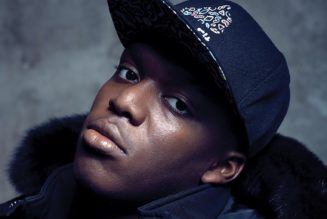


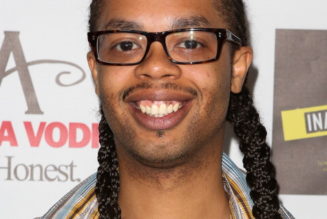

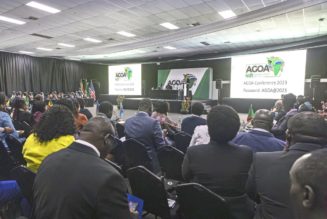
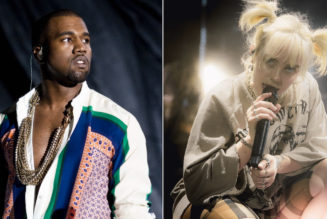
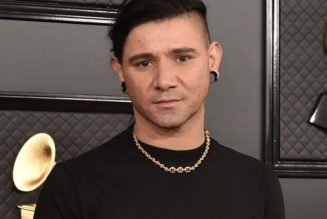

Tagged: business, entertainment blog, good works, music blog, Music Health Alliance, Record Labels, universal music group